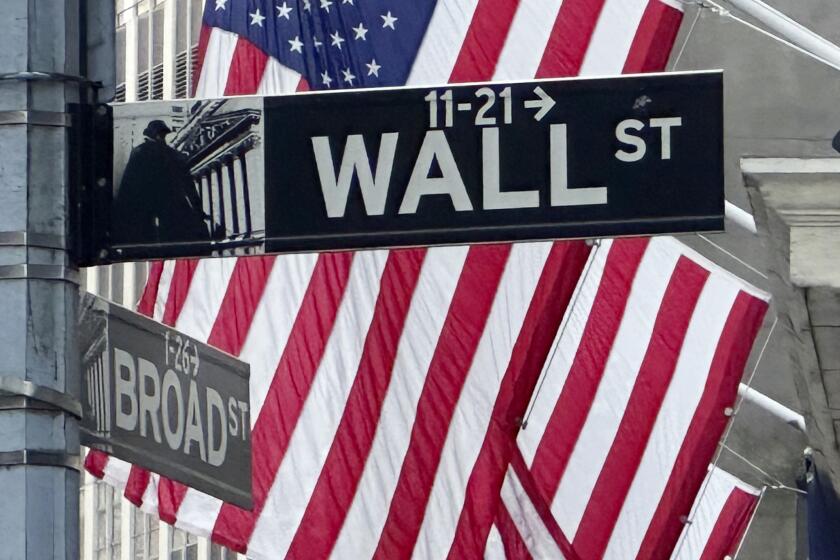Ex-Thrift Regulator Blacklisted : S&Ls;: Lee H. Henkel Jr. is barred from industry because of alleged conflicts in dealings with Charles H. Keating Jr.
Lee H. Henkel Jr., once one of the nation’s top thrift regulators, was barred Wednesday from the savings and loan industry because of alleged conflicts in dealings with former Lincoln Savings & Loan operator Charles H. Keating Jr.
The ban, the first to be imposed against a major former S&L; regulator, was part of a settlement of charges brought by the Office of Thrift Supervision. Henkel, an Atlanta lawyer, also agreed to pay $50,000 in restitution and not to practice before the OTS.
Henkel was one of three members of the Federal Home Loan Bank Board, which made and enforced the rules for the S&L; industry. The board, which was criticized for lax regulation that led to excesses by thrift owners in the 1980s, was abolished in 1989 and replaced by the OTS.
The agency’s accusations centered on alleged conflicts of interest stemming from Henkel’s actions as a bank board member while, at the same time, he benefited from loans and joint ventures with Lincoln. He also had been the S&L;’s legal counsel.
The OTS asserted in its charges that Henkel’s actions “created the appearance of using public office for private gain.”
In settling the charges, Henkel did not admit or deny the charges against him. But in an interview Monday, he denied any wrongdoing.
The main thrust of the OTS action was aimed at Henkel’s alleged conflict of interest in taking the bank board position in November, 1986, and promptly proposing a rule change that would have benefited Lincoln and one other thrift.
What was largely unknown at the time of his appointment was that Henkel was a Keating friend who had engaged in numerous business deals with Keating and his company.
The change was proposed at a time when Keating was fighting regulators over a rule that restricted Lincoln’s investment in risky ventures, from junk bonds to raw desert land in Arizona.
Lincoln failed in 1989, leaving taxpayers an unprecedented $2.6-billion cleanup bill.
Keating was subsequently convicted of state securities fraud and is on trial on federal fraud charges stemming from Lincoln’s collapse.
Henkel quit the bank board in early 1987 amid a storm of criticism and the start of a Justice Department probe into possible conflicts of interest.
One of Henkel’s companies, Continental Southern Inc., was a major Lincoln borrower. He and the company had borrowed $110 million for various real estate projects, and Henkel still owes $8 million, the OTS contends.
Before taking the bank board job, Henkel put his assets in a blind trust. The trust soon sold his one-third stake in Continental Southern to a Lincoln subsidiary for $3.7 million, more than twice the value that the thrift had attributed to Henkel’s share a few months earlier.
Henkel, however, said he had nothing to do with the sale and that he himself valued his stock at the time at $1.6 million more than the sale price.
He said Wednesday that the bank board had investigated alleged conflicts after he left the board and that no charges were brought. The settlement with the OTS would have little impact on him, Henkel said.
“I’m a tax attorney. I’ve never been on an S&L; board and I’ve never practiced before the agency,” he said. He also said the $50,000 restitution has already been paid to the Resolution Trust Corp., which liquidates failed thrifts, to settle claims arising out of a lawsuit brought by that agency.






